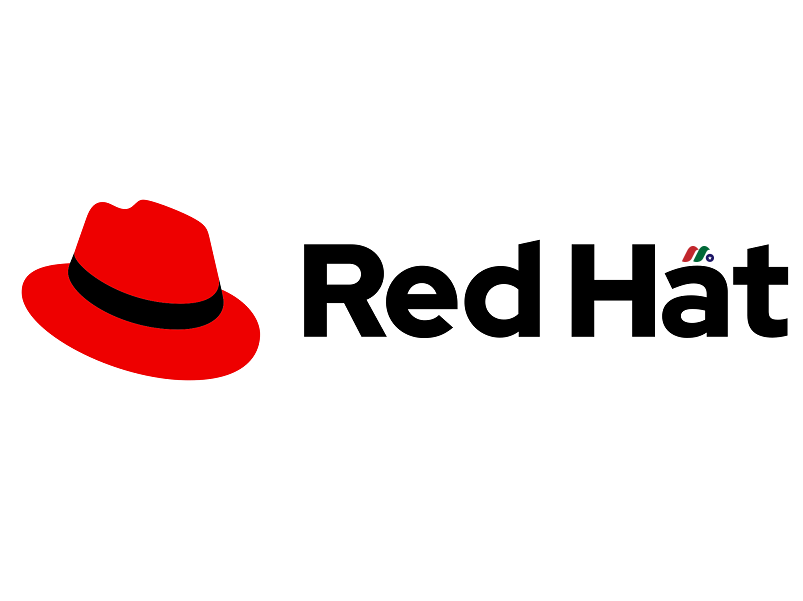Vetr Inc Lowers Red Hat Inc Rht To Hold

In a notable shift in the financial landscape, Vetr Inc has recently adjusted its rating of Red Hat Inc (RHT) from a “Buy” to a “Hold.” This move has reverberated throughout the tech and investment communities, particularly among stakeholders of one of the largest Linux-based operating system vendors globally. Red Hat, a subsidiary of IBM, has long been recognized for its pivotal role in the development and support of open-source software solutions. Thus, this reassessment from a prominent investment analysis platform invites scrutiny and could portend significant implications for the company's future trajectory.
To comprehend the implications of this downgrade, it is crucial to delve into the underlying reasons driving Vetr's decision. One of the key factors in any rating change is the company’s recent financial performance. Red Hat has consistently showcased robust revenue growth, propelled largely by its subscription services and cloud offerings. Nonetheless, there may be emerging concerns about the sustainability of this growth amidst an increasingly competitive landscape and shifting market dynamics.
Investors and analysts alike are wary of the evolving cloud market, with competitors like Amazon Web Services (AWS) and Microsoft Azure providing formidable challenges. These platforms have not only entrenched themselves within existing enterprise ecosystems but have also been aggressively innovating and lowering costs to capture a larger market share. Vetr’s downgrade may signal a growing reluctance to fully embrace Red Hat's stock amid fears of stagnation or slower-than-expected growth rates moving forward.
The broader economic conditions also play a pivotal role in shaping investor sentiment. As global markets face various headwinds—rising interest rates, inflationary pressures, and geopolitical uncertainties—the appetite for riskier assets, including tech stocks like RHT, may have started to wane. In such an environment, many investors may prefer to adopt a more conservative stance, leading them to pivot from “Buy” recommendations to “Hold” ratings, even for companies with strong fundamentals.
Furthermore, it is important to avoid overgeneralizing the impact of Vetr's rating adjustment. Although a downgrade can stoke fears of impending decline, it is essential to consider the company’s long-term prospects. Red Hat has embarked on strategic initiatives to bolster its product offerings, including enhancements to its cloud services and the expansion of its hybrid cloud solutions. These strategic measures align with industry trends emphasizing the necessity for enterprises to adopt flexible, hybrid infrastructures capable of integrating traditional on-premise environments with cutting-edge cloud technologies.
Investors should also keep an eye on Red Hat’s performance in terms of customer retention and acquisition. The company’s success largely hinges on its ability to entice new customers while ensuring that existing subscribers remain engaged with its products. Any notable fluctuations in customer growth metrics could serve as indicators of Red Hat’s overall market health and, subsequently, its stock valuation. Therefore, stakeholders should look out for upcoming quarterly earnings reports that may provide deeper insights into these aspects.
In conjunction with its operational strategies, Red Hat's role within the IBM ecosystem is also worth examining. Since IBM's acquisition of Red Hat for $34 billion in 2019, there has been considerable speculation regarding the integration of Red Hat’s offerings into IBM's broader portfolio, including its growing focus on AI and data analytics solutions. If executed effectively, these synergies could bolster Red Hat’s market position, possibly persuading analysts to reevaluate any cautious ratings in the future.
Nevertheless, the current sentiment is decidedly circumspect. Stakeholder communications are paramount in these circumstances. As Vetr Inc has initiated a “Hold” rating, it is advisable for investors to exercise caution while monitoring developments at Red Hat closely. Transparency and proactive communication from the company regarding its strategies could foster a renewed sense of confidence among investors, potentially leading to an uptick in stock performance.
Moreover, tech stocks are notorious for their volatility, often reacting sharply to news, earnings releases, or broader market movements. Therefore, even a minor announcement or strategic pivot can create ripples throughout the stock price. Market participants should stay vigilant for any updates on Red Hat's performance metrics, partnerships, or competitive positioning that may shape its valuation in the coming months.
In conclusion, while Vetr Inc’s downgrade of Red Hat Inc to a “Hold” rating introduces a layer of skepticism regarding the company’s immediate future, it is crucial for investors to maintain a balanced perspective. The dynamic landscape of technology and finance suggests that continuous monitoring of corporate developments will be essential. As Red Hat navigates this uncertain terrain with strategic innovation and operational expansion, the resilience of its business model will be put to the test. It is this resilience, anchored in its commitment to open-source principles and cloud evolution, that may ultimately determine whether stakeholders find themselves poised for opportunity or encumbered by risk.
Post a Comment